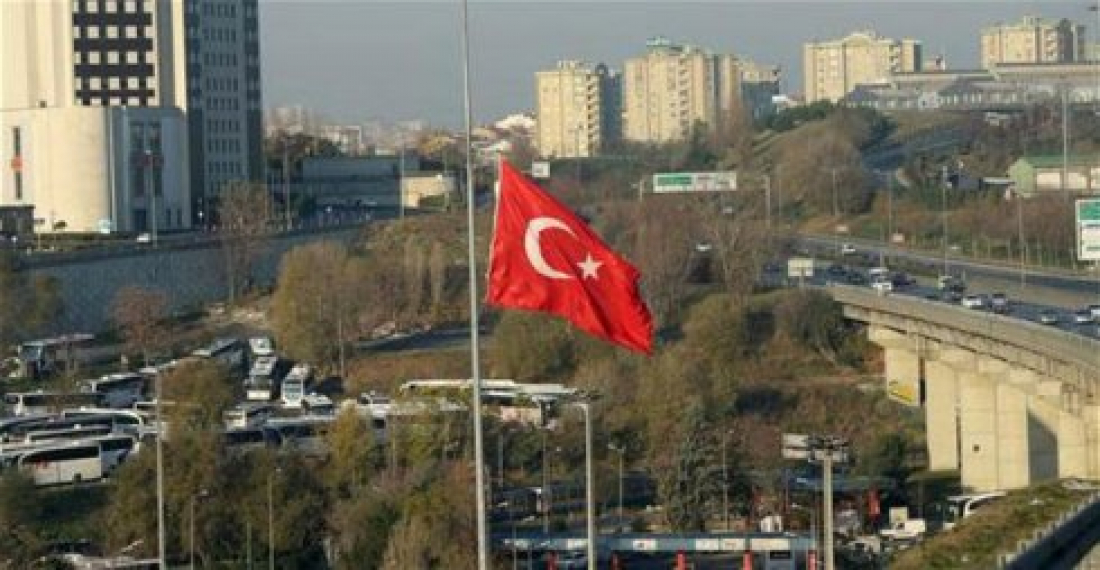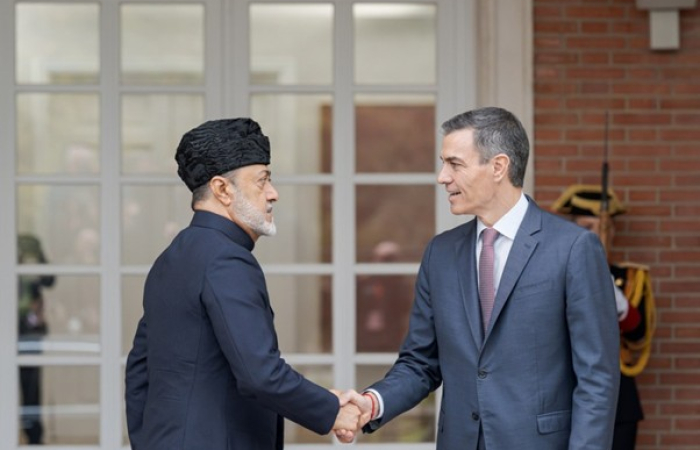Some 38 people were killed and another 136 were wounded when a double bombing hit central Istanbul near Beşiktaş's Vodafone Arena Stadium on Saturday (10 December) shortly after a football match
Interior Minister Süleyman Soylu said seven civilians are among the dead, while 30 others are police officers and one of the victims has yet to be identified.
Thirteen suspects have been detained in connection to the attack, Soylu added.
Health Minister Recep Akdağ said 14 of the wounded are in intensive care.
Anadolu news Agency reports that the attacks happened around 10.30 p.m. (1930GMT) on Saturday evening, when two explosions rocked Istanbul's European side.
Outside a football stadium in Istanbul's Besiktas district, a car bomb was detonated two hours after the end of a Turkish league football match between Besiktas and Bursaspor.
Seconds later, a suicide bomb attack occurred in Macka Park in the same neighborhood. The suicide bomber blew himself up after police noticed him, according to Soylu.
The Turkish government declared Sunday a day of mourning and Turkish flags flew at half mast all over the republic.
Messages of solidarity with Turkey and condemnation of the attacks have been pouring in from all over the world. A statement from the EU High Representative for Foreign and Security Policy and EU Commissioner for Enlargement, Johannes Hahn said,
"We extend our sincere condolences to the families and friends of all those who lost their lives and wish the injured a speedy recovery. The European Union reiterates its continuing solidarity with Turkey and its people. We reaffirm our strong condemnation of all acts of terror and confirm our continued commitment to work together closely with Turkey in combatting the threat of terrorism."
source: commonspace.eu






